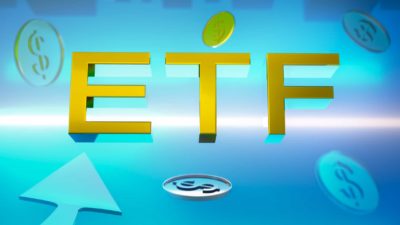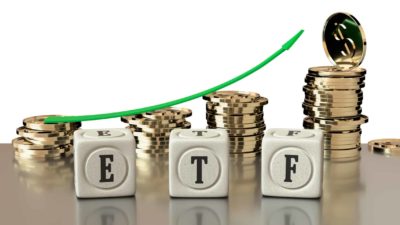The Imugene Limited (ASX: IMU) share price has continued its positive run on Tuesday.
At the time of writing, the immuno-oncology company's shares are up over 13% to an all-time high of 46 cents.
This latest gain means the Imugene share price is now up 360% since the start of the year.
Why is the Imugene share price charging higher?
There have been a number of catalysts in recent months that have boosted the Imugene share price. They have been covered here recently.
Whereas today's gain by the Imugene share price appears to have been driven by the release of an announcement which reveals that both its Executive Chairman and its Managing Director and CEO have increased their holdings in the company.
According to the release, Executive Chairman, Paul Hopper has exercised 25 million options and Managing Director and CEO, Leslie Chong has exercised 36.2 million options. The latter also has a further 13.8 million options that are expected to be exercised in the near future.
Insider buying often gives share prices a boost. After all, directors wouldn't be investing their hard-earned money if they weren't confident in the direction the company was going.
However, it is worth noting that this is very different to regular inside buying.
Mr Hopper paid a total of $1,070,000 to exercise his 25 million options, which equates to an exercise price of 4.28 cents per share. Whereas Ms Chong paid $1,517,000 to exercise her 36.2 million options, which equates to an exercise price of 4.2 cents per share.
With the Imugene share price closing the day at 41 cents on Monday, the two executives were already significantly in the money with these options.
In fact, Mr Hopper's 25 million shares now have a market value of $11.5 million and Ms Chong's 36.2 million shares have a market value of $16.65 million. That's a paper profit of ~$10.4 million and ~$15 million, respectively.
The key test will be how long they hold onto these shares. If they plan to hold onto these shares for the long term, then that certainly will be a good sign for shareholders. But if they offload them for a quick profit, then all they've really done is dilute shareholders.
Time will tell, but there's no doubt shareholders will be watching closely.








